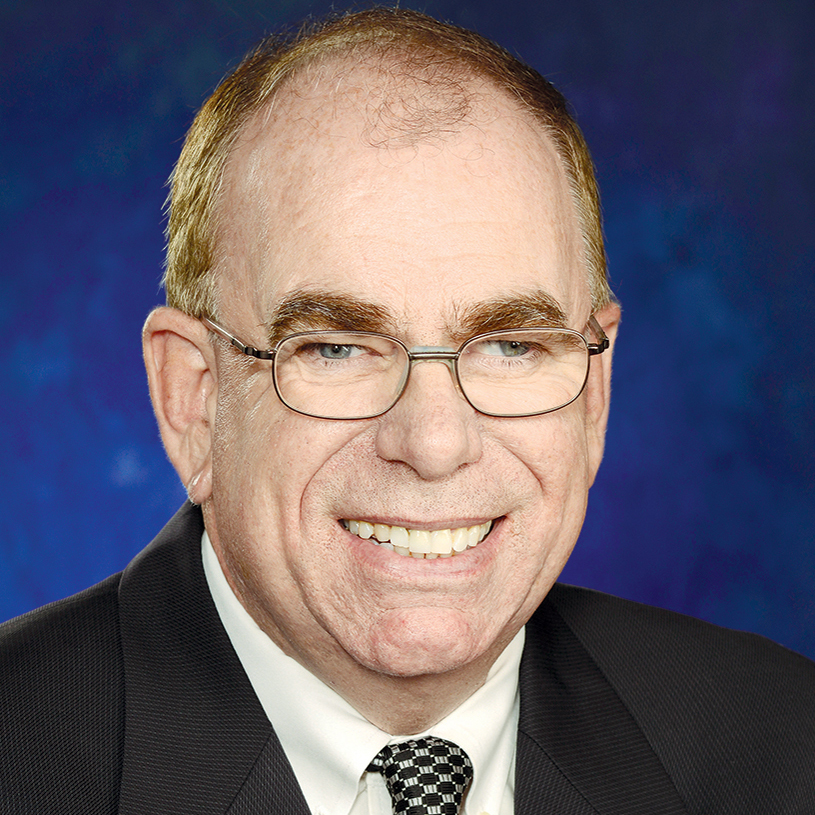

“The reports of my death are greatly exaggerated.”
That famous line is attributed to Mark Twain, who is arguably the greatest writer our nation ever produced. But it wouldn’t be much of a stretch to apply the quote to COVID-19 as well.
This ongoing pandemic has been linked to more than two million deaths. But the general consensus appears to be that it is fast becoming a nonissue. That is, something that still kills more than 300 people a day is a nothing burger?
As COVID-19 moves from center stage, this might be a good time to size up its key lessons for senior living operators There may be dozens to choose from. But to my mind, three clearly stick out.
1. Problems can arise when they are least expected.
Four years ago, we basically knew nothing about COVID-19. My, how times have changed. Only a few months passed from the time the virus was identified until it took hold across the globe.
To be sure, its sheer devastation was a shock. But then again, this sector is not exactly unfamiliar with unpleasant surprises. Remember the financial crisis of 2007-2008, better known as the Great Recession? That’s when the nation’s housing market essentially collapsed and nearly took our entire economy down with it.
Senior living also has had other less notable downturns in the past 50 years or so. Rarely have any of them been forecasted. You might say that unexpected problems are an occupational hazard for this field. That reality is not likely to change any time soon.
2. Senior living is COVID-resistant, to a point.
Operators have done a truly amazing job of coping with the destruction unleashed by this most unwelcome guest. Communities have stepped up anti-infection protocols, spent billions on protective clothing and equipment — and in many instances reinvented their operations.
These are all notable accomplishments. But they hardly negate the fact that COVID-19 has been a terrible intruder. Thousands of residents and staff have been sickened or worse during its tenure. Occupancy levels took a major hit. Costs rose substantially — and are still rising.
Many operators — sad to say — have either sold or closed their communities. And there likely will be more of both to come. As for the surviving communities, many are far worse for wear.
3. The coronavirus hastened senior living’s evolution and revolution
Pre-COVID, we didn’t hear much talk in public about assisted living operators being in the healthcare business. These days, it’s a de rigueur session at any industry conference.
As are other topics we didn’t hear much about until recently. Things like independent living as a feeder program, emphasizing wellness, the unmet middle market — and repurposing existing structures to serve seniors.
Would those things have surfaced, regardless? Probably. But there is no debating that COVID upped the timetable by years, perhaps decades.
So maybe COVID-19 wasn’t all bad. But it was bad enough. And the sooner it gets a decent burial, the better.
John O’Connor is editorial director for McKnight’s Senior Living and its sister media brands, McKnight’s Long-Term Care News, which focuses on skilled nursing, and McKnight’s Home Care. Read more of his columns here.

